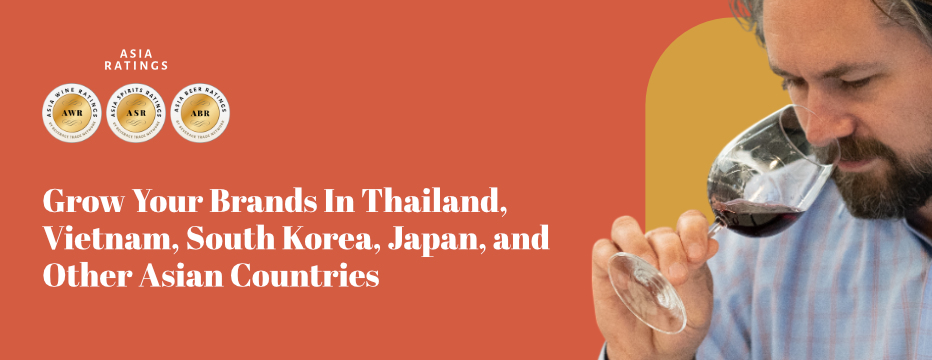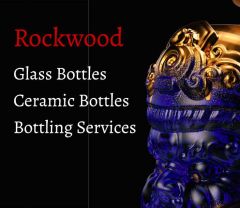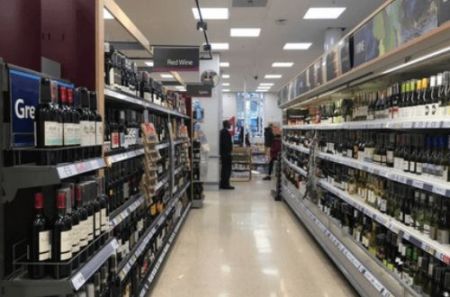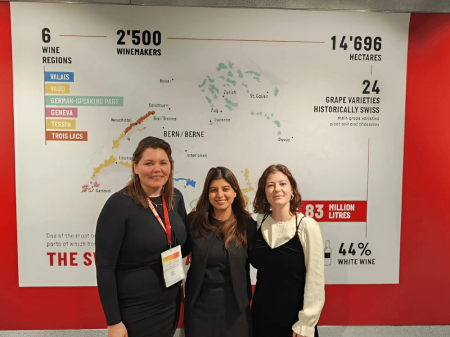Sommeliers Choice Awards 2025 Winners
14 Secrets of Building Your Wine Business in China
Unfolding the Secrets of Selling your Wine in China!
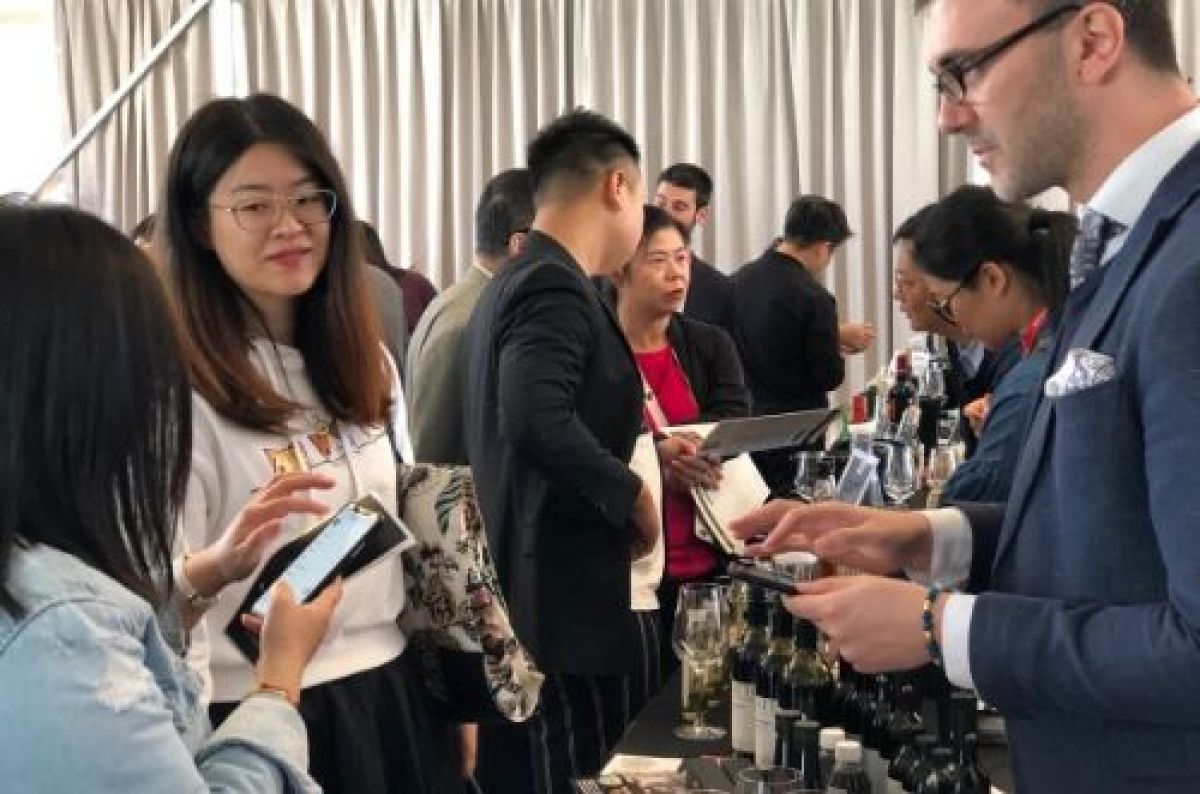
These points were sourced from episode 4 of the Wine Whiskey Weed Podcast hosted by Sid Patel where the guest was Marcus Ford, Head of Wines of South Africa Limited in Asia which includes China, Japan, and all Asian countries.
If you are an exporter of wine or own a private label that has a national reach you'd definitely know that China is the current most up and coming market of the wine industry which currently has immense growth potential. And if in any case, you have dug even a little deeper, you'd know that the wine market of China is unlike any other. Beverage Trade Network intends to make things easier for you, so that you can make a more informed choice at every stage while building your wine business in China.
Stage of Development
If you are a person who is just thinking of entering the market, then it is undeniably critical for you to understand that when it comes to the wine industry, the Chinese market is still in the stage of developing. This makes the China wine industry dynamic, unpredictable but at the same time assuringly rewarding for your investments. Of course, your investments need to be in the place, at the right time and not only in the right wines but also with in the right people.
Brand Building vs Trade Business
Although in the USA both can be done simultaneously, there surely will be far more obstacles if one goes to do the same in China. Before you enter the market, you must take a call about whether your intention while speaking with an importer is to create your brand in the Chinese market or whether the relationship between you and your importer will be limited only up to trading. As Marcus says it also means “deciding whether you want your business and business relationship to be sustainable for 5 to 10 years or longer or you want it to maybe last for a week or two or a month.”.
Logistics
According to Marcus who is well-versed with the Chinese market currently says that logistics in China is extremely sophisticated. He speaks very firmly about logistics when it comes to the last mile from the warehouse to your customer, “you can get it within 12 hours if you are in a big city, at the most 48 hours if you're outside.”
Over the years China has had very sophisticated logistics systems that have made it the country that it is. There are several strong and sophisticated 3rd party transporters that will help you deliver your wine in the safest manner possible.
Understanding Culture
For any existing new player in the China wine market or even the one who planning or entering it, cultural understanding is a must. And this cannot be possible by sitting and reading online, you need to visit and be on the ground. A better cultural understanding will give you answers to questions like:
-
Why do they drink the wines that they do?
-
What kind of labels is aesthetically attractive to them?
-
How do they describe wines?
-
Why do they describe wines the way they do?
-
What makes them select your wine on a retail shelf over someone else's?
-
What part of their day is drinking wine appropriate?
The answers to not only the above questions but several other such questions are important since you are going to be interacting with a Chinese importer who has a lot of options. It is best to deeply delve into their culture to really touch their hearts through your wine.
Patience
“It's going to take time here” were the words that Sid Patel had to hear in one of his several follow up meetings. This only goes to show that people in China like to really take their time in understanding the person before breaking a deal with them.
Consumption Patterns and Palate
The current wine consumption patterns in China are very difficult to understand since the wine industry is still in its developing stage. Knowing that, according to Steve Dorfman, Partner, Ciatti Company who has only a few years ago set the Asian division for his company says that “China can consume a lot of wine. And that the people of China are not loyal to region-centric wines like french wine or American wine but are certainly open to trying several different wines.”
It may be difficult to ascertain consumption patterns and palates of the wine industry for which it could prove detrimental to be on the ground in China.
The only Chinese Master Sommelier, Lu Yang says “In spite of being a part of the industry for years, I am still learning how to pair wine with food”. He says so because there are multiple cuisines across China and the food flavors range begin from neutral and go all the way to the extremes and many times one can find them on the same table.
Understanding your Importer and his/her Scalability
It is incredibly essential for you to not only understand your importer but also understand the scalability of his business.
For example, your importer owns a chain of sophisticated restaurants. If he/she has on an average of 5000 diners a day, knowing how many restaurant outlets is that number based on and if that number is scalable to any more than that.
If there is a way to find out about your importer's past and current numbers, that is always a plus point, since that will give you a clearer picture of his potentially continued imports.
Understanding energies
Understanding energies is challenging in China but is equally important, because they say a lot about your importing partner. It is critical for you to be able to read and observe and pick little nuances of your importer because in most cases Chinese people like to take their time to build relationships and to them, the smallest things matter a lot. Hence you giving them their time will count a lot. You could become a little impatient as an exporter in meetings since those meetings are costing you a lot, but that is how it works with them, and so its best you invest that time in reading their energies.
Understanding who is the Actual Decision Maker
It can be a task of time and patience to ascertain who is the actual decision-maker in the business. If you are the person who is attending trade shows like WBWE or recent most IBWSS, Shanghai you can consider a higher possibility of you only meeting a person who opens the doorway to a decision-maker and not the decision-maker itself.
“It is a long process to get there”, says Marcus in the podcast as he truly understands having his legs in the market for years.
Understanding Downstream Distribution
According to Marcus, one of his business completely failed since he knew who the boss was, but was unaware that there was a different department that was responsible for the distribution of wines.
In his case, although he had broken the deal with an airline company, it was the cabin crew that got to choose which wine was taken out and poured into glasses. Hence Marcus stresses how this became a lesson learned to always check the downstream distribution and not be done after cracking a deal with a buyer.
Networking vs Relationship Building
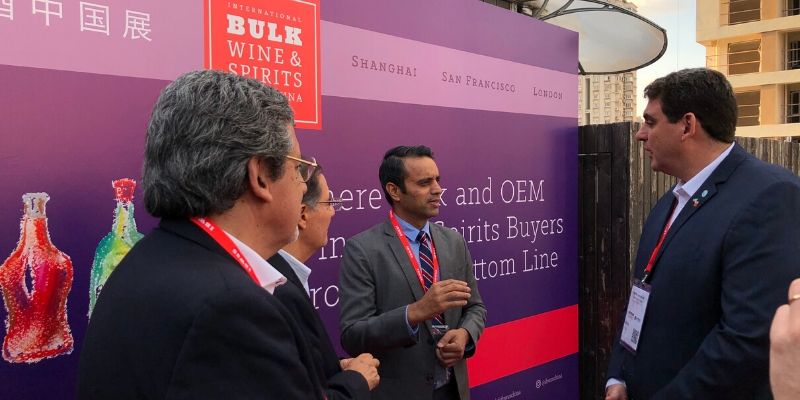
(Sid Patel at the IBWSS China tradeshow)
If you have a sum of amount and are just on your first trip to China are looking whether to spend it on 5-10 meetings with a newly known importer or on attending a trade show, it is always best to go for the trade show.
Relationship building can commence once you feel like you have spent some time in the market and aren't going in blindly without knowing the slightest about the people of the industry.
Once you have spent time building that relationship, Marcus believes one must visit the importer at least 2-3 times a year and also invite the importer to visit your city. This deepens the relationship and makes the bond stronger and makes the business relationships stronger. One the contrary not doing that makes relationships weaker and you might end up losing your importer.
Technology Barriers
If you are planning to import your wine to China it must be known to you how important technology is to the people of China and also how the regular social media apps do not work in China. Nearly every app has a replacement for the people of China, for example, WeChat has not only replaced email but also other messaging apps are pretty much non-existent there.
Similarly, if you are going to want them to see any of your point of sale materials, sending it to them is not going to be possible unless you know the above.
Language Barriers
Mandarin is spoken by 70% of all Chinese people and hence, communicative barriers will always be present. So instead of getting a translator for you to be able to communicate in the best possible manner, it's best to hire an interpreter who is also well-versed with the wine industry. This will make sure that what you say is not conveyed in the wrong manner as communication matters a lot for relationship building.
Time
Knowing how particular most Chinese professionals are, saying “be on time” is nearly redundant.
Also, it is important to read energies and understand how much time your potential importer is taking. If it is way too much and you haven't achieved anything over multiple meetings the buyer is probably not interested. Such things are generally not conveyed in a straight-forward manner in China.
Time in the Chinese culture implies a lot of things in China and you will almost never receive an immediate response from anyone there unless you have spent that much time in building your relationship.

